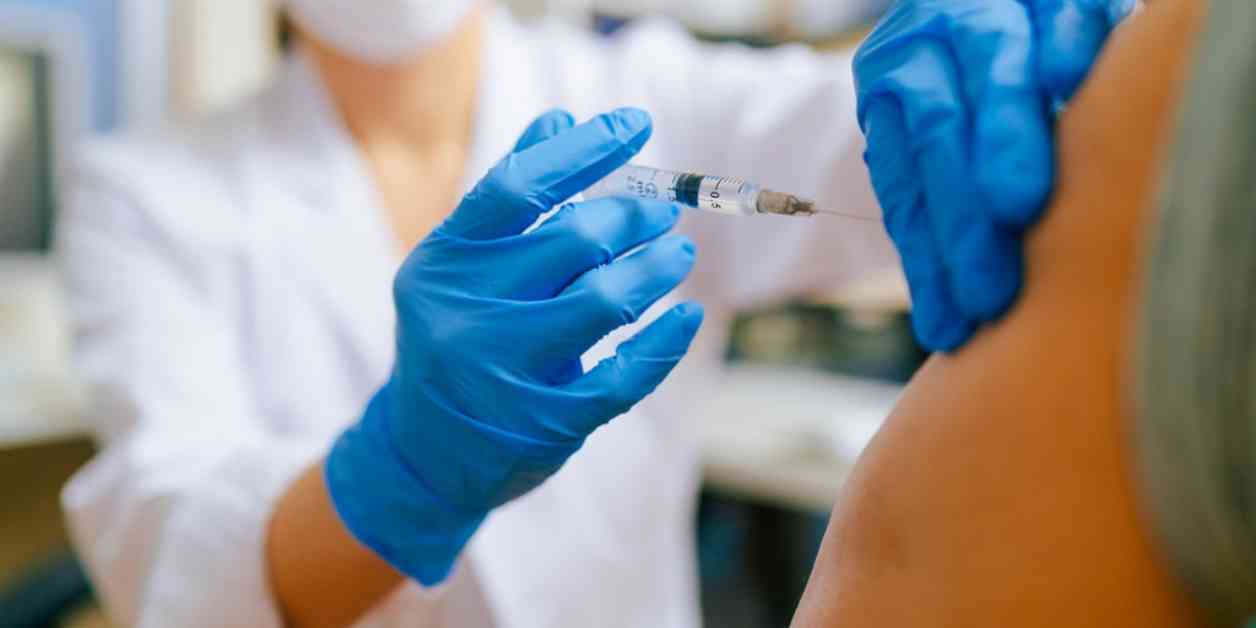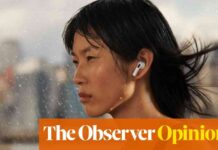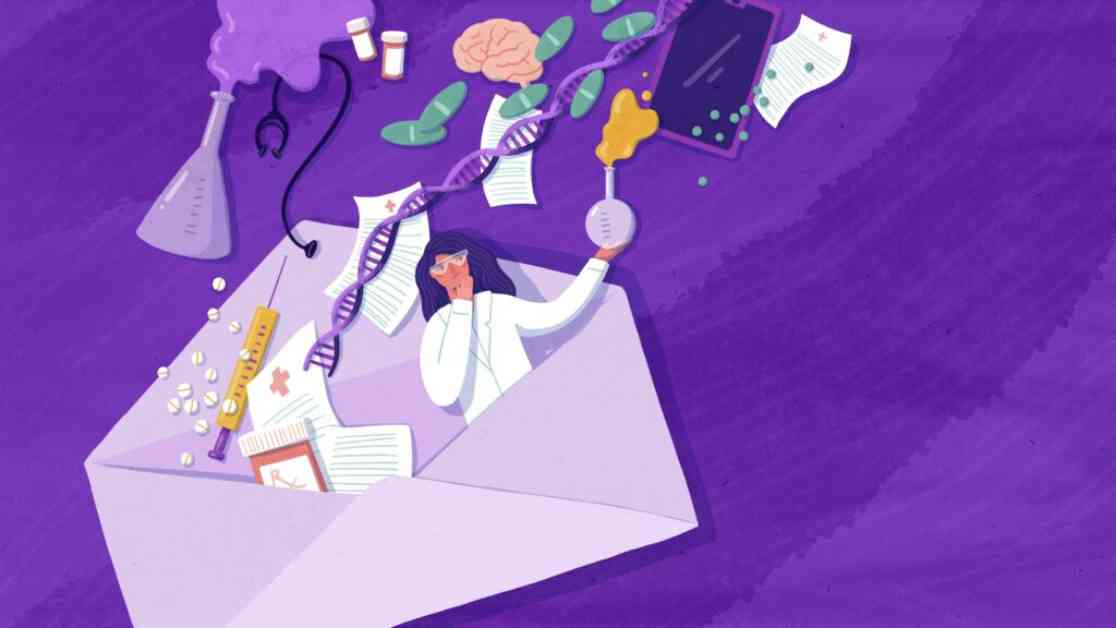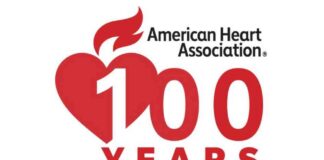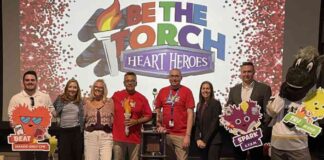Growing COVID Vaccine Distrust Among Americans: Personal Choice or Public Health Concern?
As the COVID-19 pandemic continues to impact communities worldwide, the issue of vaccine hesitancy has become a significant concern in the United States. A recent national health survey conducted by the Annenberg Public Policy Center at the University of Pennsylvania revealed a troubling trend: a growing number of Americans are skeptical of vaccines for COVID and other infectious diseases.
The survey, which gathered input from nearly 1,500 U.S. adults, found that 28% of respondents believe that the COVID vaccines have contributed to thousands of deaths. This marks an increase from 22% in June 2021, indicating a growing level of distrust in the safety and efficacy of the vaccines. Additionally, 22% of respondents expressed the belief that it is safer to contract COVID than to get vaccinated, up from 10% in April 2021.
Misconceptions about the COVID vaccines were also prevalent in the survey findings, with 15% of Americans stating that they believe the vaccine “changes people’s DNA,” compared to 8% in the previous survey. These misconceptions were associated with increased reluctance to vaccinate, according to Kathleen Hall Jamieson, director of the Annenberg Public Policy Center.
Amidst these concerns, the U.S. Food and Drug Administration (FDA) recently approved updated COVID vaccines for the 2024-2025 season. The approval comes at a critical time as the CDC continues to report ongoing threats from COVID-19 infection. However, the survey results suggest that there is a need to increase awareness of the benefits of vaccination and the risks associated with contracting the disease.
Dr. Brett Osborn, a Florida neurosurgeon and longevity expert, emphasized the importance of evaluating the full picture when considering the risks and benefits of vaccination versus natural immunity. He highlighted the risks associated with mRNA vaccines, such as myocarditis and neurological complications, and underscored the need for transparent communication from health authorities to dispel myths and address legitimate concerns.
While acknowledging the role of vaccines in controlling the pandemic, Osborn pointed out that natural immunity, developed after recovering from an infection, is often more comprehensive and longer-lasting than vaccine-induced immunity. He stressed the importance of making informed, balanced decisions based on current scientific evidence and the evolving landscape of the virus.
Dr. Marc Siegel, senior medical analyst for Fox News, echoed the importance of vaccination for high-risk groups while emphasizing the need for it to be a personal choice discussed between patients and their doctors. He noted that the risks of the virus, including myocarditis and brain fog, outweigh the potential side effects of the vaccine.
With conflicting perspectives on the safety and efficacy of COVID vaccines, it is essential to consider the evolving nature of the virus and the implications of widespread vaccination. As the CDC recommends updated COVID vaccines for individuals aged 6 months and older, including pregnant and breastfeeding women, it is crucial to weigh the risks and benefits of vaccination in the context of individual health and well-being.
The current landscape of the COVID-19 pandemic underscores the need for a nuanced approach that respects individual choice, acknowledges the risks of vaccination, and recognizes the power of natural immunity. As the discussion around vaccines continues to evolve, it is imperative to prioritize informed decision-making based on the latest scientific evidence and the realities of the virus as it exists today.
In conclusion, the growing distrust of COVID vaccines among Americans raises important questions about personal choice and public health concerns. As the debate continues, it is crucial to prioritize open communication, transparency, and informed decision-making to address the complexities of the pandemic and ensure the well-being of individuals and communities alike.
